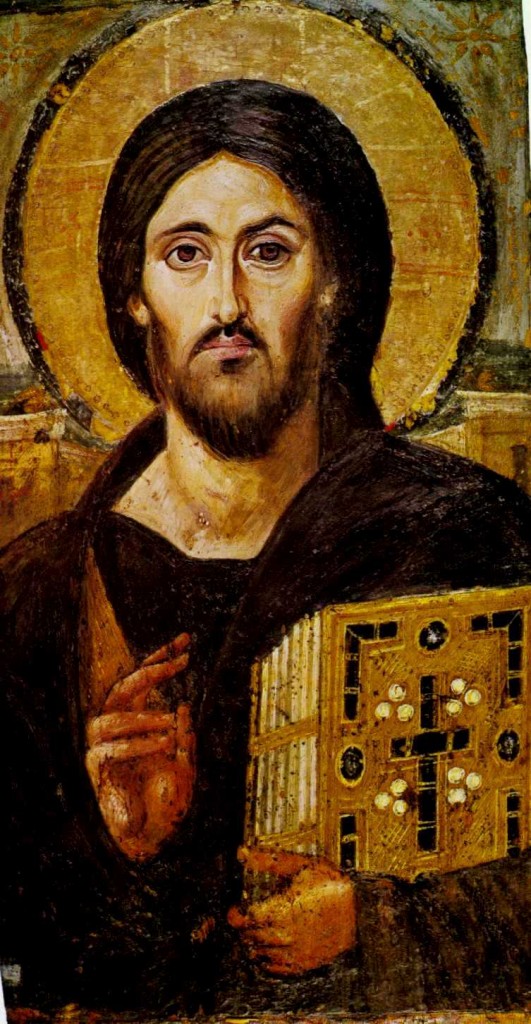
- Carlos
- Administrator
 Offline
Offline 
- Registered: 11/30/2024
- Posts: 11
Parallels Jewish Gehenna and Purgatory
I mentioned this to Chris before. I find it fascinating in the parallels between the Catholic concept of purgatory and the Jewish concept of Gehenna. They are undoubtedly connected.
In Rabbinic Judaism, Gehenna is viewed as a temporary place where souls undergo purification for their sins.
• It is not eternal; most souls are said to spend no more than 12 months there before ascending to Gan Eden (Paradise) or returning to God.
• Righteous people bypass Gehenna entirely, while the truly wicked may face annihilation or a more extended purification process.
Purpose of Gehenna
• Gehenna is seen as a process of spiritual cleansing, not as a place of eternal torment like the Christian concept of Hell.
• The soul confronts its misdeeds, feels regret, and undergoes a process of rectification.
• This aligns with Jewish teachings on teshuvah (repentance) and the mercy of God.
- Carlos
- Administrator
 Offline
Offline 
- Registered: 11/30/2024
- Posts: 11
Re: Parallels Jewish Gehenna and Purgatory
Compare this to the Catholic belief in Purgatory. The idea of Purgatory is rooted in the idea of God's justice and mercy. It is understood as a state of purification for souls who have died in a state of grace (in friendship with God) but still need to be cleansed of venial sins or the temporal punishment due to sins before entering heaven.
Purgatory prepares souls for heaven by purging remaining impurities or imperfections, ensuring they are fully sanctified and capable of enjoying the beatific vision of God, If I can just some up.
Purgatory is not a place but a spiritual process or state. Souls in purgatory experience temporary suffering but are assured of eventual entry into heaven. Purgatory is ONLY FOR THE SAVED. Only those destined for heaven undergo purgation. Purgatory reflects God's loving desire for the complete transformation of the faithful and the communal nature of salvation, where the living and the dead support one another.
- •
- Carlos
- Administrator
 Offline
Offline 
- Registered: 11/30/2024
- Posts: 11
Re: Parallels Jewish Gehenna and Purgatory
This discussion is not centered around our private interpretation of Scripture. We are old hats at that, but rather an honest discussion about the influence of Jewish thought on the ancient churches in theology, liturgical practices and worship.
- •
 1 of 1
1 of 1